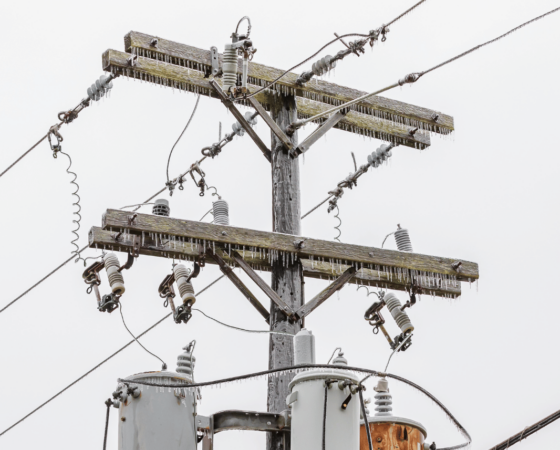Not too long ago, we wrote about the Kentucky Department of Agriculture’s “Appalachia Proud” agricultural branding and education program. Tucked into that program is a call for eastern Kentucky to become an "Economic Freedom Zone." While the agricultural component is promising, the push for an Economic Freedom Zone is out of place and a bad idea for developing eastern Kentucky’s economy.
Economic Freedom Zones are the brainchild of Kentucky Senator Rand Paul and are a radical version of an earlier concept called “Enterprise Zones.” The basic tenet of Enterprise Zones is to reduce business-related taxes, which are supposed to attract businesses to areas with chronically high unemployment. The Economic Freedom Zone concept goes much, much further, all but eliminating many types of taxes while also curtailing environmental and prevailing wage regulations.
It’s a big idea, and an odd one to include in a package of agricultural education and marketing programs like Appalachia Proud. But it’s also a bad idea for Central Appalachia.
First and foremost, tax cuts do not create jobs. Studies of Enterprise Zones have found that they do little to spur economic growth. A study from the United Kingdom found that “Enterprise Zones do very little to promote lasting economic prosperity. Most Enterprise Zones create a short-term boom, followed by a long-term reversal back into depression,” and that “up to 80% of the jobs they create are taken from other places.” Multiple studies in the United States came to similar conclusions. The Public Policy Institute of California stated that Enterprise Zones “have no statistically significant effect on either employment levels or employment growth rates,” and studies by the National Bureau of Economic Research and in the Economic Development Quarterly agreed. “The evidence shows that enterprise zones are at best a very weak generator of jobs,” concluded the Fiscal Times.
The only thing Paul’s proposed Economic Freedom Zones are likely to do is create an easy tax shelter for rich individuals, as pointed out by economist Dean Baker.
The fact is, the businesses that create jobs are young, small businesses, according to a study by the National Bureau of Economic Research, and these businesses “aren’t motivated by changes in marginal tax rates.” According to a brief by the Kentucky Center for Economic Policy, for manufacturing businesses, “a 10 percent reduction in business taxes was only associated with a 2 percent increase in the number of manufacturers—before taking into account the negative economic impact of a loss of public services due to decreased revenue.”
The problems with tax cuts go deeper than a failure to create jobs – they actively undermine the very things that we desperately need in Appalachia. Taxes fund essential services. Our schools, roads, libraries, parks, emergency services, and a whole host of other things important to our quality of life depend on tax revenue. One only needs to look at the critical situation of many of our eastern Kentucky counties to see the result of lower tax revenues. And it turns out that those very quality-of-life issues are what really attract businesses to a place – not low taxes.
What businesses really want to see is a talented, skilled workforce, and a place with “cultural amenities and a strong quality of life” to attract and keep that workforce, according to a survey of 150 fast-growing companies. If we really want to lure businesses to eastern Kentucky, we should be investing in education, downtown revitalization, housing, broadband internet, and public gathering spaces that make our communities places we want to be. Designating eastern Kentucky as an Economic Freedom Zone will only make it harder to do these things.
Moreover, do we really want to be attracting the kinds of businesses that are on the lookout for low taxes, weak environmental regulations and worker protections? In an area with a legacy of environmental degradation, we should not be weakening regulations that protect the environment and human health. West Virginia’s water crisis – caused by lax oversight of chemical storage facilities – is still ongoing, over a month later. Eastern Kentucky and Central Appalachia has had enough experience with bad corporate neighbors to try to lure in more.
Economic Freedom Zones are not the answer for eastern Kentucky. We need a 21st century Appalachia, one that thrives on our innovative and entrepreneurial talents, that attracts businesses not because we’ve lowered the bar, but because we’ve raised it.





